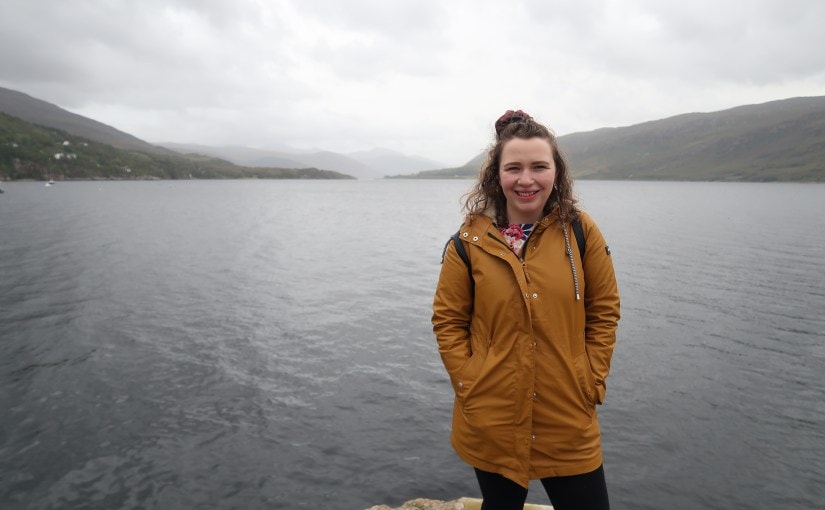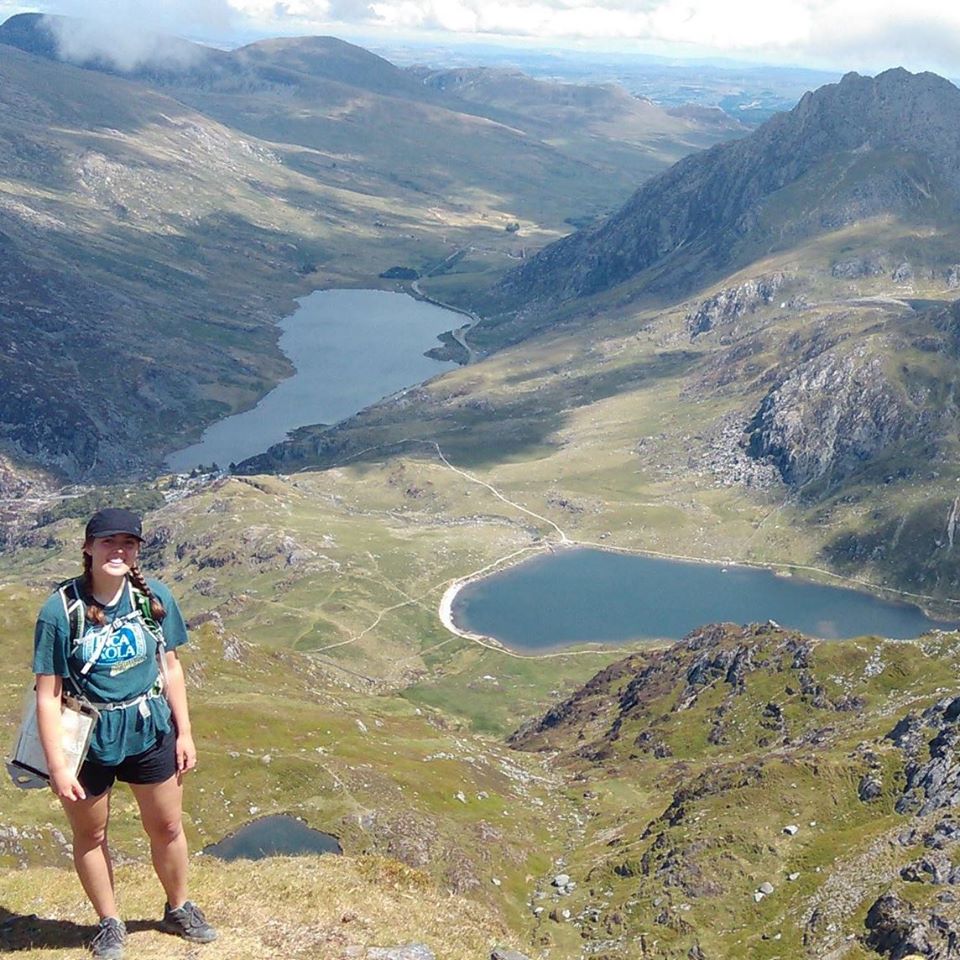
The University field trip has long been established as a model of learning: a chance to gain real-life, real-world experience, undertake research outside of the academic bubble, and interact with local communities.
In recent years, the locations offered have moved further afield: New York, Mexico, China. It seems that the field trip is a central component in selling a course, as institutions entice potential students by offering study in ever more exotic locations.
Of course, these trips come with a huge carbon footprint, especially if the trip involves a flight – and more often than not, it does. But more than the direct carbon emissions, such trips play a large part in normalising flying as a form of transport. The student years are among the most formative of a person's life. If air travel is an integral part of that, a compulsory part no less, it seems normal, even expected, to take part without question.
"But more than the direct carbon emissions, these field trips play a large part in normalising flying as a form of transport."
It takes a lot of conviction and guts to start bucking that trend. But that’s what Abi Whitefield did, a student on the MSc in Environmental Protection and Management at the University of Edinburgh, who decided that she wouldn’t attend her class field trip, despite it being a compulsory part of the course.
“The field trip was to Morocco, and according to the WWF, the return flight would produce 2.2 tonnes of carbon dioxide – equivalent to the annual emissions of the average person in India. I try to do a lot of things to be more environmentally friendly, but that flight alone would have bumped up my carbon footprint for the year by a quarter.
“I told my course director before I had even applied that I would not be attending the field trip because it would involve flying. I was anxious about telling them as it was marketed as a compulsory degree component, and I was scared they would say that I had to go. To be honest, if that had been the case, I wouldn’t have applied for the course, even though I really wanted to! But they were completely supportive and began planning alternative activities for me. They even looked into overland travel to Morocco but in the end it was decided I would undertake an individual study here in the UK.”
The study, which focussed on environmental behaviours, included a public survey on behaviour change. Many of the people questioned said that they tried to reduce the amount they fly in order to limit their impact upon the environment.
But if universities continue to entice students with trips to far-off locations, flying will continue to be the social norm. Abi only told three close friends that she would not be flying to Morocco, as she feared judgment from the rest of the class, or worried that she might create difficulties for the course director if others also decided they didn't want to go.
"If universities continue to entice students with trips to far-off locations, flying will continue to be the social norm."
“It's somewhat ironic that a university school that focuses on climate change and the impacts of excessive carbon release causes a large carbon footprint through compulsory field trips,” says Abi. “I think my refusal has made both the course director and School of GeoSciences more aware that they need to offer less carbon-intensive options for students.”
Did Abi feel that she had missed out by not going to Morocco? Not really. “The results of my survey were fascinating and were worth course credits, so it was great. And it turned out that in Morocco, the drone work that my class were supposed to be doing was not permitted! So they missed out on that experience and learning.”
There’s no denying that the Atlas Mountains are a fascinating destination. During the field trip, students studied water quality, biodiversity, local agriculture, sustainable tourism, soils and land use, and air quality monitoring. But all of this could be done in the UK.
“Universities need to stop relying on exotic trips and highlight whatever else they believe they do well to gain students. For example, the Geography courses at St Andrews, where I was an undergraduate, do not rely on multiple trips abroad to attract students, yet they are marked the best for student experience for Geography in the UK and are always getting enough applicants.




